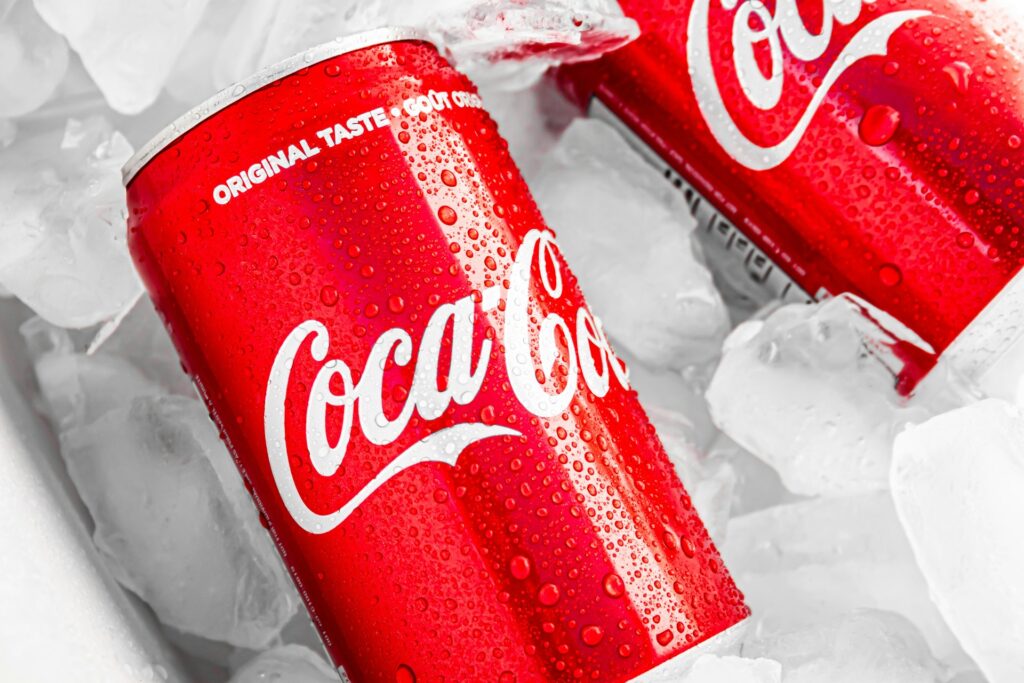
Body + Mind is reader-supported. We may earn an affiliate commission when you buy through some of the links on our site.
Your brain handles everything from your thoughts and emotions to your movements and memory. To keep it sharp and working at its best throughout your life, the foods you eat are vital. There are foods for brain health that are packed with nutrients to support brain function, reduce cognitive decline and help boost memory.
Absolutely! The food you eat directly impacts your brain’s structure, function and long-term health. Just like the rest of your body, your brain requires nutrients to perform at its best. Foods rich in antioxidants, healthy fats, vitamins and minerals can protect brain cells and enhance communication between neurons. On the flip side, consuming unhealthy options like sugary drinks and processed foods can lead to oxidative stress and cognitive decline.
When it comes to supporting your brain, some foods are true nutritional powerhouses. Packed with vitamins, antioxidants and healthy fats, these foods fuel your brain.
Fatty fish like salmon, mackerel, sardines and trout are among the top foods for memory. They’re rich in omega-3 fatty acids, essential fats that make up about 60% of the brain’s structure. Omega-3s are crucial in building brain cells and improving communication between them.
Studies have shown that people who eat fatty fish regularly have better memory and cognitive function. Additionally, omega-3s may help protect against Alzheimer’s disease and slow down age-related mental decline.

Not only are blueberries delicious, but they’re also packed with antioxidants, particularly flavonoids, that help protect the brain from oxidative stress and inflammation. These compounds have been linked to improved memory and cognitive performance, especially in older adults. Blueberries also support communication between brain cells, which is crucial for memory and learning. Studies suggest eating blueberries regularly to improve short-term and long-term memory.
Walnuts are an excellent source of DHA (docosahexaenoic acid), a type of omega-3 fatty acids specifically beneficial for brain health. DHA is important for building brain cell membranes and has been shown to improve cognitive function. Walnuts also contain antioxidants that protect the brain from damage and inflammation.
Leafy greens like kale and broccoli are nutritional powerhouses, packed with nutrients such as vitamin K, lutein, folate and beta-carotene. These nutrients are known to support cognition and protect against age-related mental decline.
Vitamin K, in particular, is essential for synthesizing sphingolipids, a type of fat found in brain cells. A diet rich in leafy greens has been shown to slow down cognitive decline and improve overall brain health.
Dark chocolate with at least 70% cocoa is rich in flavonoids, especially epicatechin, which has been linked to improved brain function. Flavonoids increase blood flow to the brain, supporting memory, focus and learning. Dark chocolate is filled with antioxidants that protect brain cells from damage. In moderation, dark chocolate can boost mood and cognitive performance. The key is to consume it in small amounts — too much sugar can negate the benefits.

Curcumin, the active compound in turmeric, has powerful anti-inflammatory and antioxidant properties that support brain health. Curcumin crosses the blood-brain barrier, where it helps reduce inflammation and stimulate the production of brain-derived neurotrophic (BDNF), a protein that promotes the growth of new brain cells. Regular consumption of turmeric may improve memory, reduce the risk of Alzheimer’s and support cognitive function.
Pumpkin seeds are a fantastic source of magnesium, zinc and iron — all essential nutrients for optimal brain function. Magnesium helps protect the brain cells from damage, while zinc supports the brain’s ability to communicate and process information. Iron is crucial for oxygenating the brain and ensuring energy flow to brain cells. Eating pumpkin seeds regularly can enhance memory and focus, and may even protect against cognitive decline.
While some foods are fantastic for brain function, others can be detrimental to your cognitive health. Some bad foods for brain health can lead to inflammation, cognitive decline and poor memory. Here are the main offenders:
Sodas, sweetened coffee drinks and energy drinks are loaded with sugar and provide little to no nutritional value. High sugar intake can increase your risk of cognitive decline, Alzheimer’s and other neurological issues. Sugary drinks also cause blood sugar spikes and crashes, leading to poor focus and mental fatigue.

Trans fats, found in many processed foods like chips and baked goods, harm brain health. They contribute to inflammation in the brain, impair brain function and increase the risk of various forms of dementia. Trans fats can also disrupt the structure of brain cells, making them less efficient at transmitting signals.
Foods made with refined carbs, such as white bread, pastries and pasta, can cause blood sugar spikes and crashes, leading to mood swings, lack of focus and poor memory. Over time, a diet high in refined carbs can contribute to insulin resistance and brain inflammation, increasing the risk of cognitive decline.
While moderate alcohol consumption may be beneficial for your heart, excessive drinking can shrink the brain and impair cognitive function. Chronic alcohol abuse can lead to memory problems and poor decision-making. If you do drink, moderation is key.
Incorporating foods for brain health into your diet is simple when you focus on whole, nutrient-dense foods. Here are some ways to get started:

Whether you’re young and looking to boost focus or older and wanting to prevent cognitive decline, the foods you eat play a significant role. Eating for your brain isn’t just about avoiding things, but rather about filling your plate with nutrient-packed foods that support your mental well-being.
Your email address will only be used to send you our newsletter, and at any time you may unsubscribe. For more information, see our Privacy Policy.